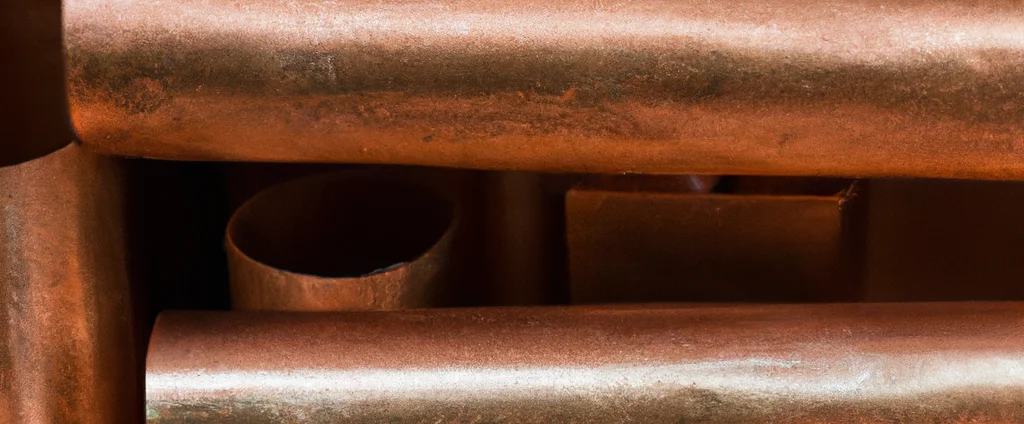Forging Brass (UNS C37700)

Forging brass C37700 is a high-machinability copper-zinc alloy known for its corrosion resistance, low friction, and ease of forging. It is widely used in plumbing fittings, fasteners, marine hardware, and musical instruments.
| Chemical Composition | ||
|---|---|---|
| Element | Min | Max |
| Copper | 58.0% | 61.0% |
| Iron | —— | 0.3% |
| Lead | 1.5% | 2.5% |
| Zinc | —— | Remainder |
The following table provides a list of brass C37700 properties in both SI and US customary/Imperial units.
Click on the button to switch between Metric and Imperial units.
| Physical Properties | Metric |
|---|---|
| Density | 8440 kg/m3 |
| Mechanical Properties | Metric |
| Tensile Strength (Ultimate) | 400 MPa |
| Tensile Strength (Yield) | 160 MPa |
| Shear Strength | 270 MPa |
| Young’s Modulus (E) | 105 GPa |
| Shear Modulus (G) | 39 GPa |
| Elongation at Break | 40% |
| Poisson’s Ratio (ν) | 0.35 |
| Thermal Properties | Metric |
| Melting Point | 880 - 895 °C |
| Thermal Conductivity | 120 W/m·K |
| Specific Heat Capacity (Cp) | 380 J/kg·K |
| Coefficient of Thermal Expansion (αL) | 2.07×10-5 1/°C |
| Electrical Properties | Metric |
| Electrical Conductivity | 1.57×107 S/m |
| Electrical Resistivity | 6.4×10-8 Ω·m |
The values in this table are approximate and can vary depending on various factors such as the specific manufacturing process and heat treatment applied to the alloy.
Advantages & Disadvantages of Forging Brass C37700
| Advantages | Disadvantages |
|---|---|
| Excellent machinability | Lead content |
| Good corrosion resistance | Limited high-temperature applications |
| Low friction properties | High cost |
Applications of Forging Brass C37700
Forging Brass C37700 finds applications in various industries due to its desirable properties, including:
- Plumbing Fittings: Commonly used in the production of couplings, adapters, valves, and connectors. Its corrosion resistance, machinability, and low friction properties make it suitable for handling water and various fluids in plumbing systems.
- Fasteners: Used to manufacture screws, bolts, nuts, and washers. The alloy’s excellent machinability allows for precise threading, while its corrosion resistance ensures durability in outdoor and corrosive environments.
- Electrical Connectors: The electrical conductivity and machinability of this alloy make it ideal for connectors, terminals, and socket components. Its corrosion resistance also ensures reliable long-term connections.
- Musical Instruments: Widely used in trumpets, trombones, saxophones, and other brass instruments due to its aesthetic appeal, malleability, and acoustic properties.
- Marine Applications: Its corrosion resistance and forging suitability make it valuable for marine fittings, valves, pumps, and propellers in saltwater environments.
- Automotive Components: Found in radiator cores, fittings, connectors, and engine parts, where its machinability and corrosion resistance enhance longevity and performance.
